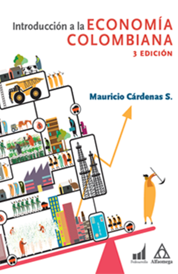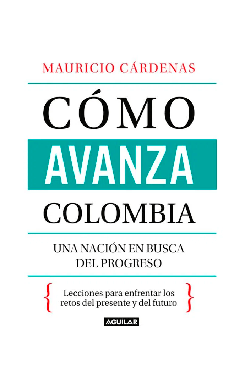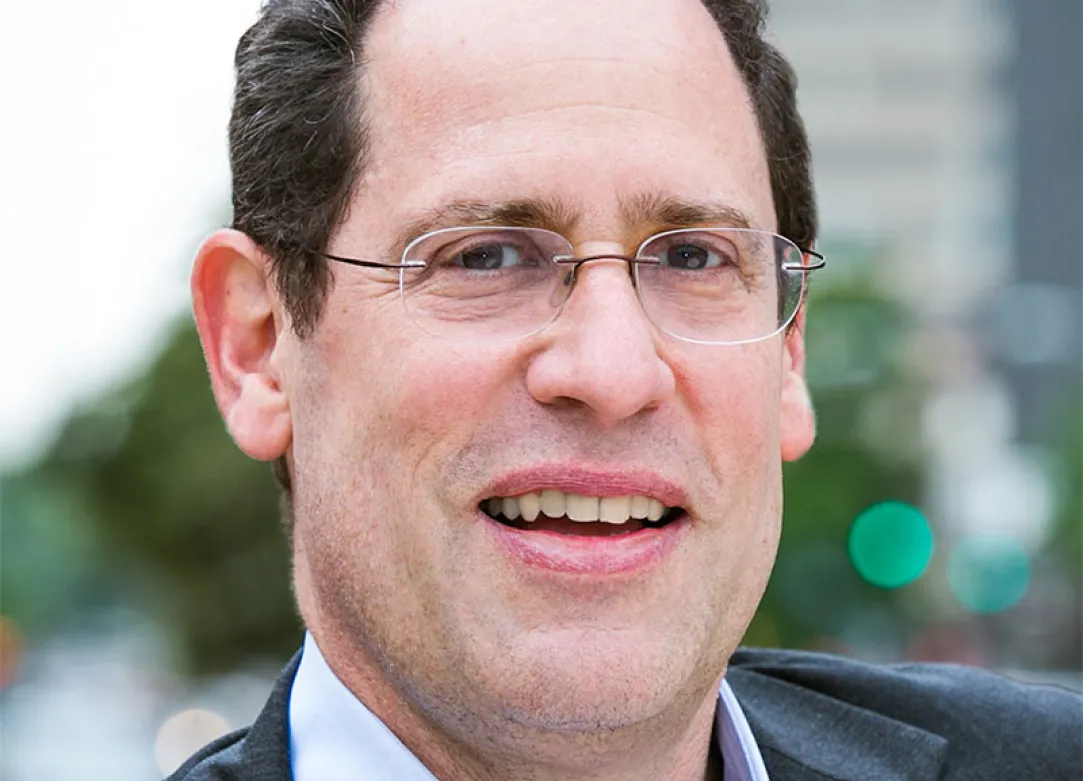Mauricio Cardenas is one of the Latin American economists with greater international recognition and a policymaker with vast experience across different sectors. The combination of academic rigor and political pragmatism results in keynotes that are engaging and interesting for decision-makers in both corporate and governmental circles.
As Finance Minister (2012-2018), effectively dealt with Colombia’s most severe external shock since the Great Depression. During his tenure, the country’s sovereign rating was increased to BBB, the highest in history. Also, investment rates reached a peak (32% of GDP), while the country experienced one of the fastest declines in poverty and inequality despite the sharp external shock.
After complex negotiations with political parties and labor unions, he led a reform to significantly reduce payroll taxes, triggering an unprecedented increase in formal jobs. This experience has been useful for other countries interested in reducing the high levels of informality, especially in Latin America.
Was a key player in the financial integration within the Pacific Alliance (Chile, Colombia, México y Perú), leading the introduction of a “passport of funds” which eliminates the need of registration in each country, as well as the issue of a joint CAT Bond to cover earthquake risks.
He has authored many books and academic articles. Among these, Introduction to the Colombian Economy is a leading textbook in Colombian universities.
Executive Director of Fedesarrollo, Colombian most prestigious think tank, Senior Fellow and Director of the Latin America Initiative at the Brookings Institution. Has been minister of five portfolios in three different Administrations: Economic Development (Industry and Housing), Transport, Planning, Mines and Energy, and recently Finance. Member of key boards in the corporate sector, such as Ecopetrol, Financiera de Desarrollo Nacional (FDN), ISA, Telefónica, Isagen and the Colombian Stock Exchange. Led the creation in 2012 of FDN, a new infrastructure bank of the Colombian government in partnership with IFC, CAF and Sumitomo, to finance a new generation of public private partnerships.
Highly respected in academic and policy circles, Mauricio Cárdenas understands better than anyone the interaction between politics and economics. An engaging speaker, uses data and concepts effectively to anticipate trends and to make accurate projections.
Currently is a member of the Task Force led by Michael Bloomberg y Lawrence Summers on ways to use taxation in order to improve health outcomes. He is also Professor in Global Leadership at Columbia University's School of International and Public Affairs, where he directs the MPA (Master of Public Administration) in Global Leadership.
He was a member of the Independent Panel for Pandemic Preparedness and Response mandated by the World Health Assembly, 2020-2021, co-chair of the working group on carbon pricing (2021) and chair of the external review panel of the 'Doing Business' (2021) of the World Bank.
Has been a regular op-ed contributor to El Tiempo in Colombia and an author of numerous publications in topics such as employment, inequality, poverty, conflict, economic growth, and capital flows, among others.
Mauricio Cárdenas has a Ph.D. in Economics from the University of California, Berkeley.






